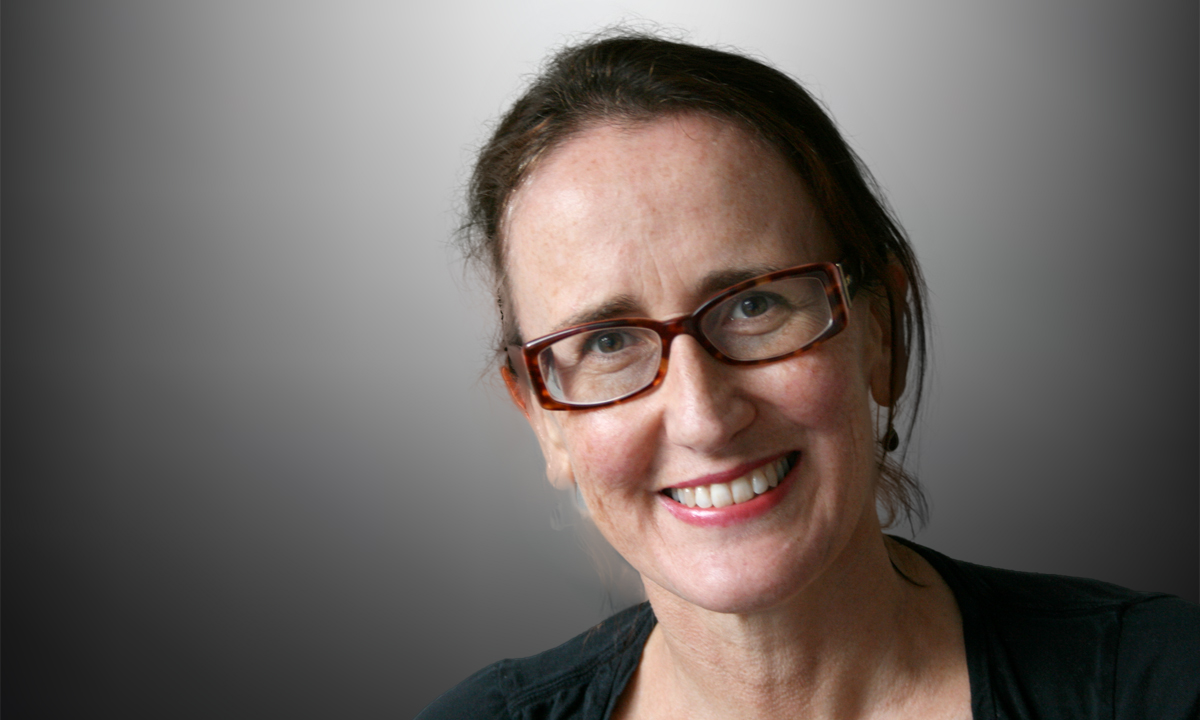“AS a new parent, you might be wondering how the blue moon affects your baby,” one parenting website opined ahead of last month’s super blue blood wolf moon.
According to the site’s experts, the impact was expected to be profound and wide-reaching. The celestial event could make the baby more sensitive, emotional and intuitive, according to one. It could cause personality changes or prompt the baby to start walking or talking early, said others.
“Your baby may get their set of canines in and channel their moon-loving wolf side,” the expert advice went on. “Or they could just drool a lot from teething.”
It’s hard being a parent.
The movements of our satellite don’t just affect babies, of course.
An article in popular Australian consumer health magazine Women’s Health quoted NASA in paragraph one of its thorough analysis of the astronomical event.
Scientific credibility established, it went on: “The super moon is happening when the sun in Aquarius and the moon in Leo are on the node of Neptune”.
Oh no, not the node of Neptune.
The “professional astrologer with a graduate degree in counselling psychology” interviewed for this informative article had crucial advice for everybody affected by the moon’s shenanigans: “No matter your sign, it’s all about following your heart”.
The belief that human behaviour is affected by the phases of the moon is longstanding. It’s been blamed for everything from dog bites to traffic accidents, psychiatric episodes and even stock market fluctuations.
Not to mention the frequent claim, made by health professionals as well as lay people, that hospital emergency departments are busier on nights of the full moon.
It’s well known that the word “lunacy” has its origins in the Latin word for the moon, thanks to ancient belief in the link between our satellite and our mental state.
Two thousand years ago, Roman philosopher Pliny the Elder wrote that the full moon caused especially heavy nocturnal dews and caused the brain to become “unnaturally moist” leading to both madness and epileptic attacks.
More recently, Miami psychiatrist Dr Arnold Lieber produced a 1996 bestseller, How the Moon Affects You.
Subtitled “a compelling and controversial book on the moon’s awesome power to affect your emotions and the way you live,” the book claimed that “modern research verifies the influence of the moon on man and beast that has long been posited in myths and superstitions”.
Murder, suicide, aggravated assault, psychiatric emergencies and fatal car accidents all increased dramatically when the moon was full, Dr Lieber claimed.
Apparently, it’s all about the water. If the moon’s gravity can create tidal movements in our planet’s oceans, then surely it would also affect our own watery bodies?
Well, no.
The moon’s gravitational pull is weak. I’m no physicist, but as I understand it, tides are caused by the difference in gravitational pull on various parts of the oceans depending on their closeness to the moon at any one time.
That’s why you don’t get tides in lakes, which are too small for there to be a big difference in gravitational effect between one end and the other.
So, Dr Lieber’s claims notwithstanding, it’s pretty hard to imagine how the moon could create some kind of tidal effect inside a human brain.
In fact, American astronomer George Abell estimated the moon’s gravitational pull on the human body as less than that of a mosquito landing on our arm.
Numerous studies have debunked the supposed link between the full moon and various calamitous events, including the number of patients turning up at emergency.
I’m particularly impressed by the Australian researchers who examined hospital admissions for dog bite to show there was no increase at full moon.
Yet, the myth persists, even among health professionals.
One emergency department study found that 80% of nurses and 64% of physicians believed the moon affected patients. Almost all the nurses said that they found full moon shifts more stressful and thought they should attract higher rates of pay.
Our atavistic belief in the powers of the moon may have originated from something real. In pre-electric times, celestial goings-on affected people’s lives far more than they do today, marking out calendars for food production and providing tools for navigation.
And, when the moon was full, it’s likely people stayed up late, that normal sleep patterns were disrupted, leading to all kinds of possible mischance.
These days, we all live in our own little boxes, able to command or banish light when we wish, but belief dies hard.
Jane McCredie is a health and science writer based in Sydney.
To find a doctor, or a job, to use GP Desktop and Doctors Health, book and track your CPD, and buy textbooks and guidelines, visit doctorportal.

 more_vert
more_vert
Oh dear, my lunatic mind has been discombobulated!
Is the node of Neptune worse than the prong of Neptune’s trident?
Great article, thank you.